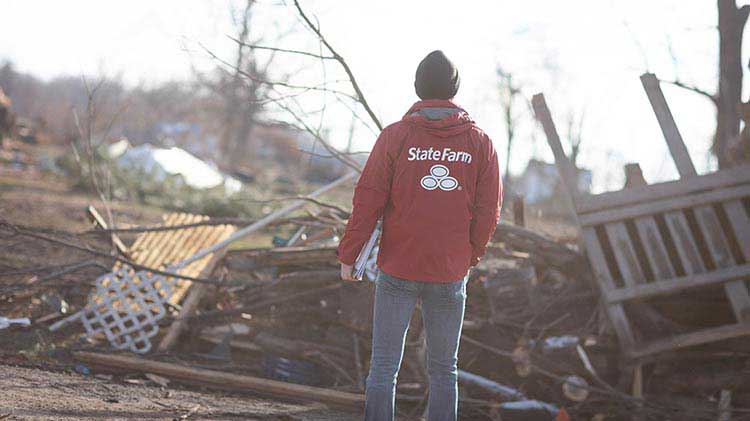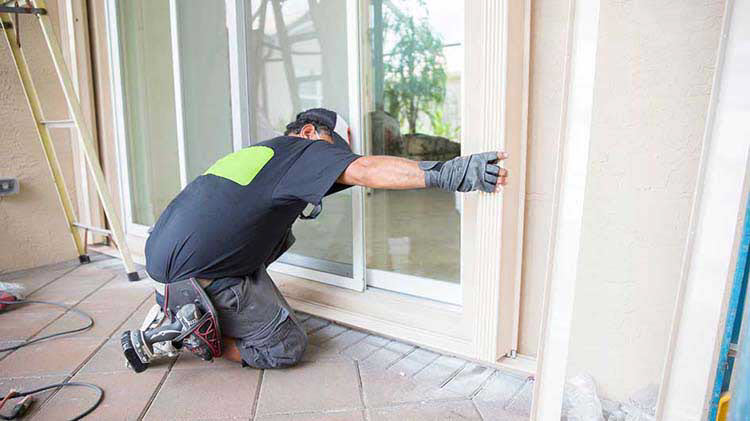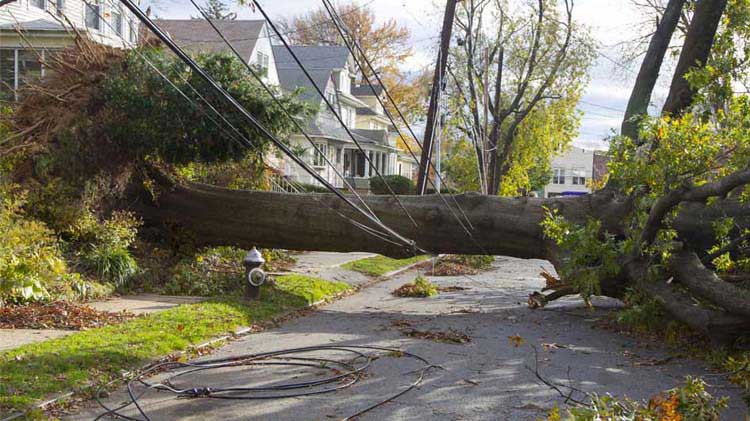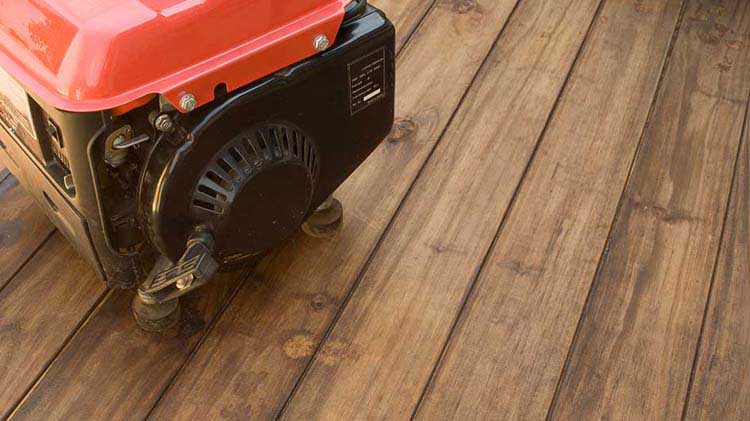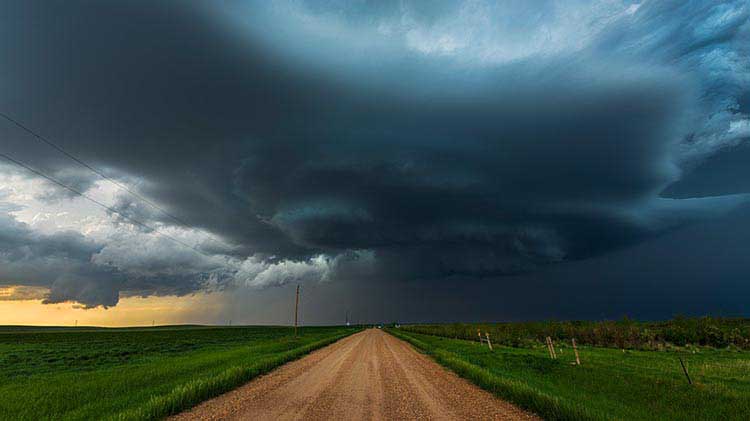What to do after a tornado
When the calm before the tornado becomes the chaos after it, use these tips to help recover and stay safe.
Aftermath of a tornado
If you end up in the path of a tornado, the experience can be traumatizing, no matter how well you prepared ahead of time. Try to stay as calm as possible and follow these tornado safety and recovery tips as you pick up the pieces.
Immediately after a tornado
- The safety of you and your family is the most urgent need after a tornado. Check everyone for injuries and give first aid for minor injuries. Call for medical help immediately if needed.
- In the event someone stops breathing and you are trained, administer CPR until emergency help arrives.
- To stop bleeding, apply direct pressure to a bleeding injury, clean open wounds with soap and water and apply antibiotic ointment. Contact your physician to follow up or determine additional treatment.
- Reach out to check on your neighbors to ensure they are safe and do not require immediate emergency care.
- Watch for additional emergency alerts on your phone, or stay tuned to NOAA Weather Radio or a local alert system for current information and instructions.
- If you're trapped, cover your mouth with a cloth or mask to avoid breathing dust. And instead of shouting, try to send a text, bang on a pipe or wall or use a whistle.
- Stay clear of fallen power lines or broken utility lines.
- Report downed power lines or broken gas lines immediately.
- If you're driving and see a downed power line in your path, stay in your vehicle and call 911 or the electric utility.
- Power outages are common after a tornado. Save your phone battery for emergencies and to let family and friends know you are safe. Use battery-powered lanterns instead of candles.
- If you haven't lost power but smell something burning, see frayed or sparking wires or suspect a gas leak, call the professionals.
Assessing tornado damage
- Don't enter damaged buildings until you are told they are safe.
- Use extreme caution around debris and watch for broken glass, nails and other sharp objects. Wear appropriate clothing, like sturdy shoes or boots, long sleeves and gloves.
- Inspect your home or apartment for any signs of structure issues.
- Follow all proper power outage tips and generator safety tips.
- Take pictures of your home's damage, inside and out.
Is tornado damage covered by insurance?
- Tornado damage is generally covered under homeowners and renters insurance policies.
- Contact your insurance agent or company to start your claims process.
Negative effects of tornados
- Children and adults may experience unanticipated feelings such as a sudden fear of storms and tornados, anxiety and depression following the aftermath of a tornado or storm.
- Rain or thunder may trigger both storm anxiety along with tornado anxiety.
- Reassurance from an adult can help others heal and begin to recover.
- Recognize your own feelings and reach out for help.
- Seek assistance from a counselor.
- Pets can also be affected and begin to display unusual behavior and show signs of storm anxiety.
Cleaning up and moving forward
As you work to get back to a sense a normalcy, the American Red Cross has good information on how to clean up after a tornado. And as you rebuild, consider a safe room, roofs that are rated for impact and/or wind resistance and other ways to protect your home for additional safety in the future.
